You no longer have an MP until 8 June - but they're still being paid
- Published
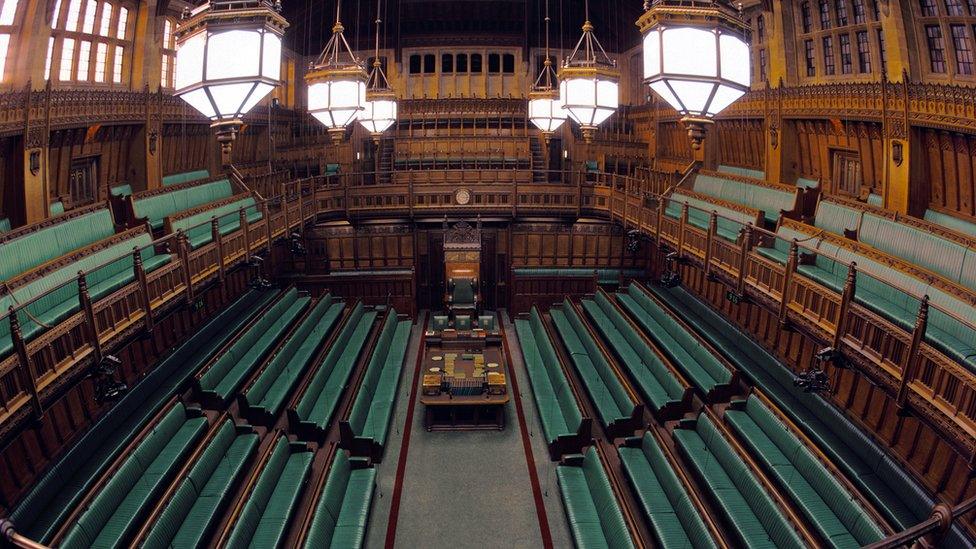
You probably haven't noticed, but you don't have an MP until 8 June.
The person voted by people in your area to represent your interests in Parliament is a member of the public.
They'll still be entitled to claim their basic annual salary and certain expenses, but they have to drop the MP title from their Facebook pages and Twitter handles.
This is because Parliament has been dissolved - ended and dismissed - and the election period has begun.

It used to be only the monarch who could call together parliaments and dissolve them (for example King Charles I dissolved Parliament in 1629 and didn't call the next one until 1640).
That isn't the case now.
The Fixed-term Parliaments Act 2011 sets the interval between general elections at five years and at the end of this time a new House of Commons must be elected.
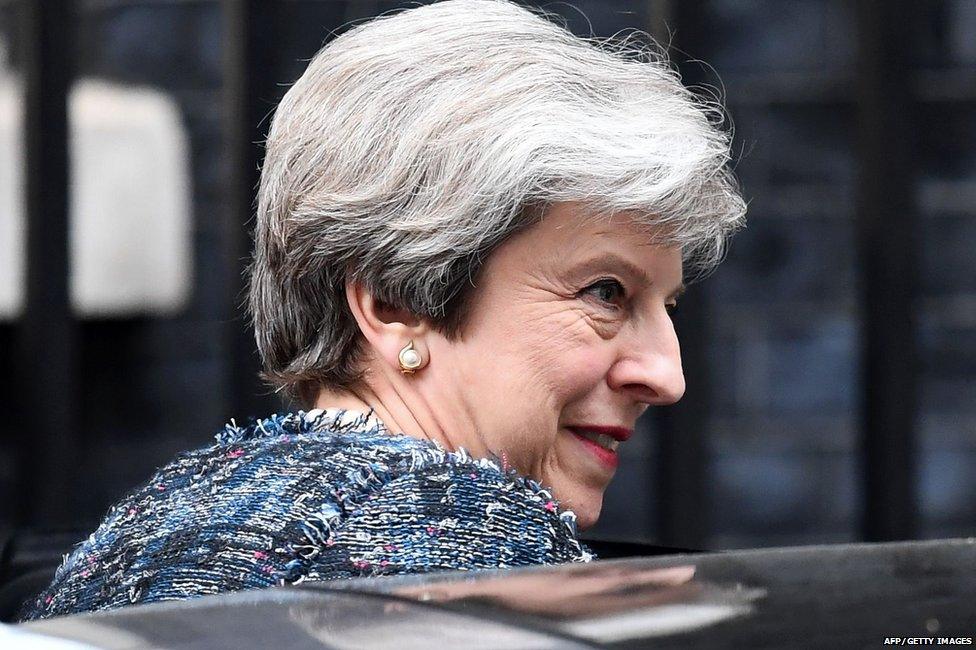
Prime Minister Theresa May leaves 10 Downing St to visit Queen Elizabeth II
Normally it's done automatically 25 working days before the general election.
The law means it is always done on 30 March.
However, next month's general election is just two years after the last one.
That's because Theresa May got MPs to approve one of the two provisions able to trigger an election - a motion has to be agreed by two thirds of the total number of seats in the Commons.
So from now, former MPs - or prospective parliamentary candidates - will be focussing on campaigning instead of carrying out their usual work.
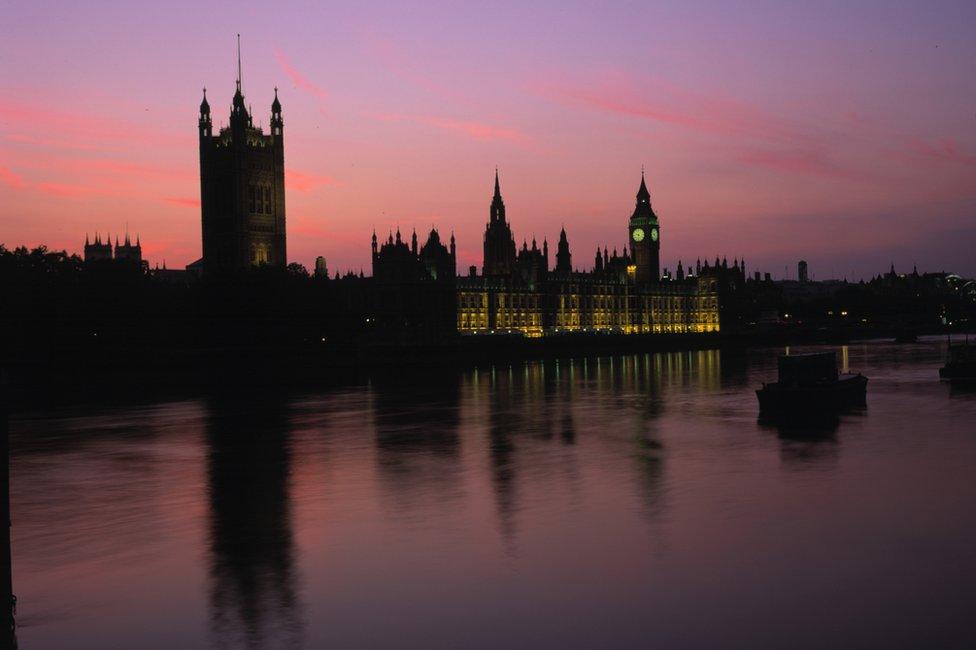
Their "usual work" involves voting on laws, participating in government debates and helping people in their constituencies who have problems.
These include problems with things like benefits, the NHS, school closures and immigration issues.
Register to vote by 22 May to vote in the general election on 8 June., external
Where should I go if I have a problem?
While your local MP may keep in touch with you and continue with any urgent work during the time parliament is dissolved, the government website states "they must not do so in an official capacity" and are "under no obligation" to help.
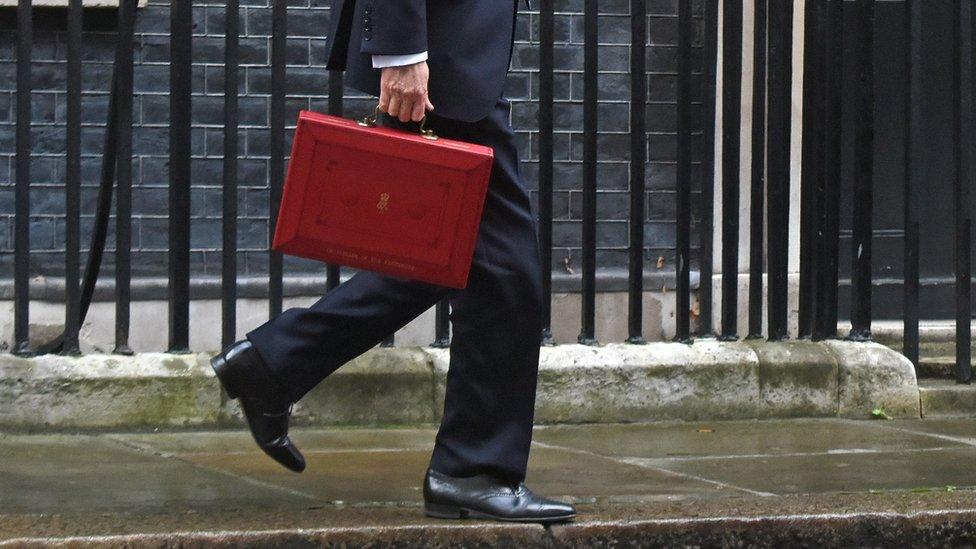
Only ministers have red boxes, it's tradition. They are lined with lead so that if they are thrown overboard they sink and no enemy country can get hold of papers of national importance
They're not able to honour any commitments at all if they aren't standing for re-election.
If you want any help during this period, you can contact the Citizens Advice Bureau, external which provides free advice if you're having legal or money problems.
If it's a local problem, you may also be able to contact your local councillor.
Are MPs still being paid?
Despite not officially being MPs, elected officials can still claim their basic annual salary of £74,962 as well as some expenses during this period.
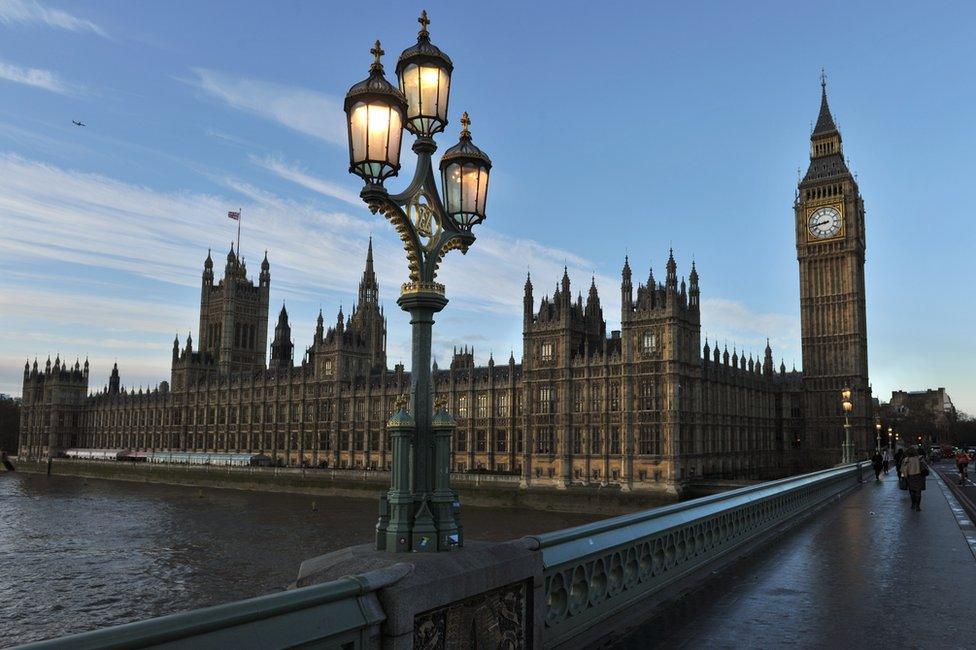
The Independent Parliamentary Standards Authority (IPSA) or expenses watchdog told Newsbeat that they "can only pay costs which relate to your parliamentary functions, not any party political or electoral activity".
Any other payment, like a salary they may get for being on a committee examining new laws, for example, now stops.
BBC Parliamentary Correspondent Sean Curran explains the details.
"MPs who are standing at the election continue to receive their salary right up to polling day.
"If they've been a chair of a select committee the extra payment they get for doing that job stops today - the date of dissolution.
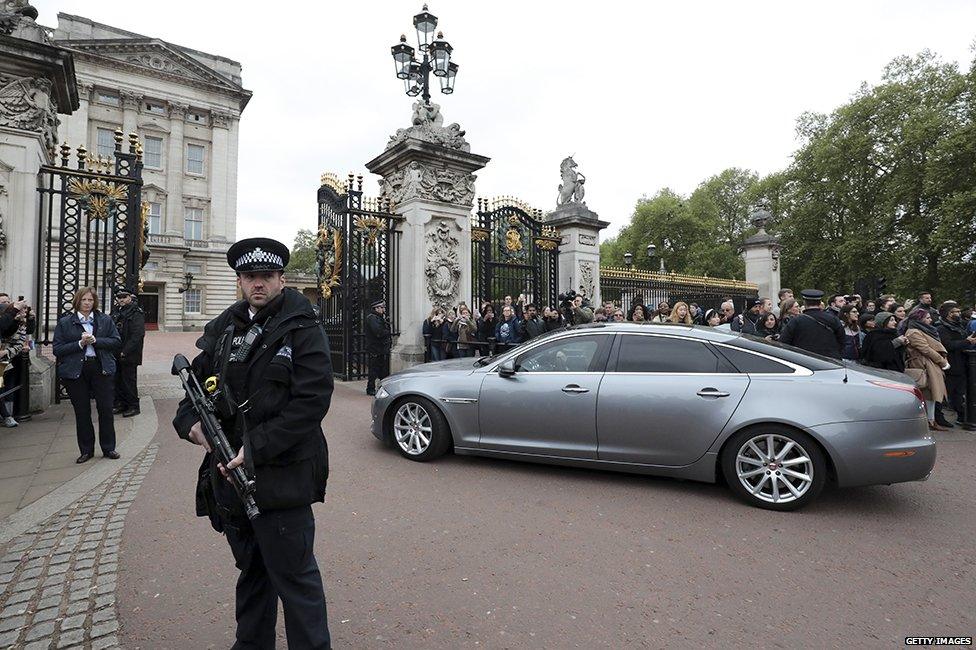
The Queen has dissolved Parliament for a 13th prime minister under her reign
"But they are no longer MPs once parliament is dissolved. They are ordinary members of the public with no special privileges. That's because every seat in the House of Commons is now up for grabs. "
No more privilege
The privileges associated with being a Member of Parliament are meant to ensure free speech and to stop the courts inferring with matters discussed in Parliament.
They exist so that parliamentarians have the right to say whatever they like in Parliament and they can never be sued for libel for doing so.
It also means the public and media have a right to report what is said in parliament.
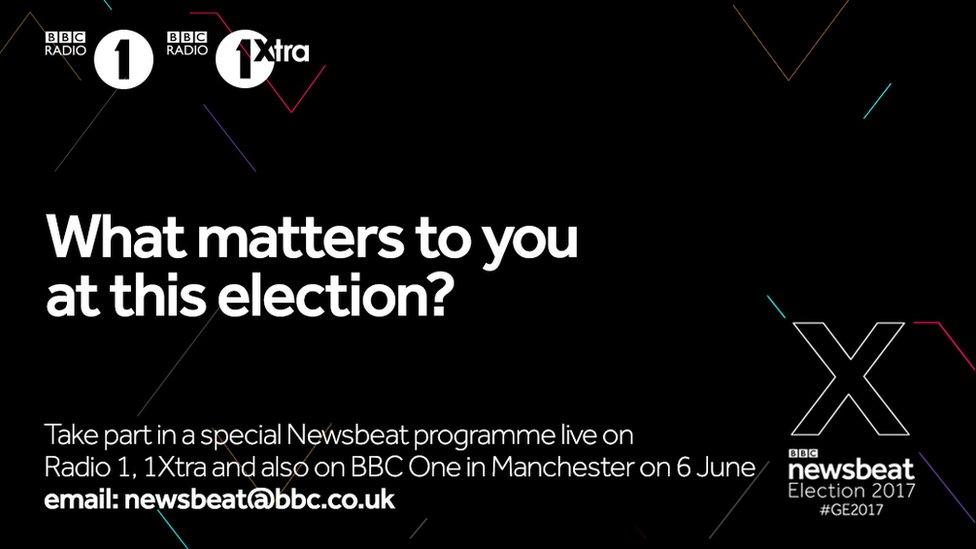
So if MPs aren't working, who's running the country?
Well, Theresa May, Philip Hammond and all the other ministers still have their jobs.
And of course the civil service is still carrying out important tasks to keep the country ticking over.
This is because parliament and the government are two separate institutions. One is elected and the other is officially appointed by Her Majesty the Queen.
So until 8 June, there are no more MPs.
Follow @BBCNewsbeat, external on Twitter, BBCNewsbeat, external on Instagram and Radio1Newsbeat, external on YouTube